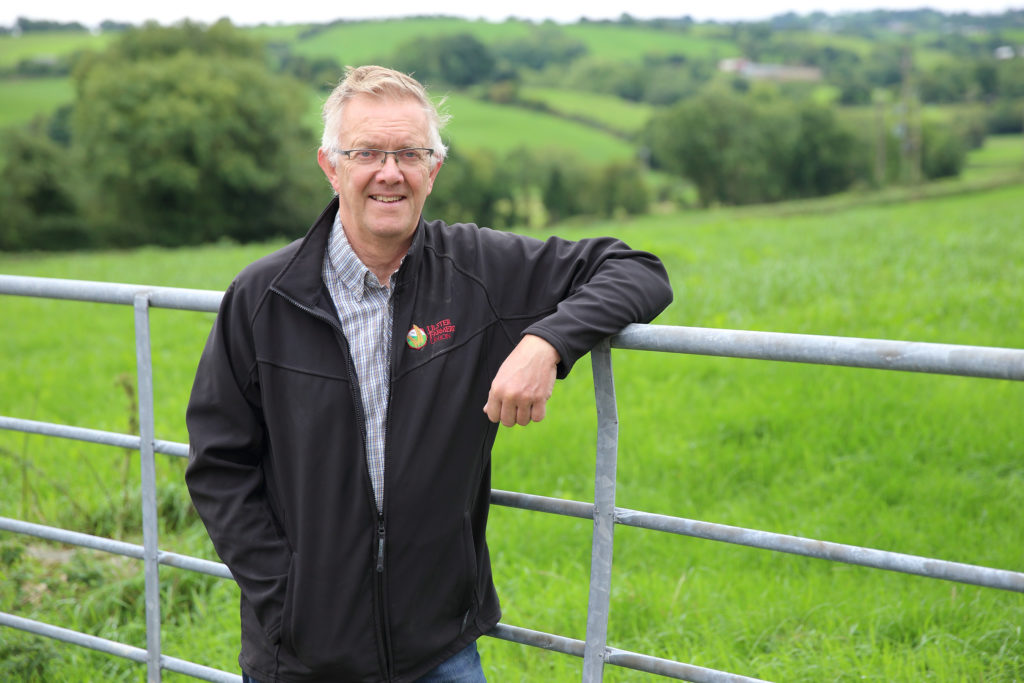The Ulster Farmers’ Union has said the dramatic drop in Northern Ireland farm incomes in 2018 is “disappointing”; however, it added that the news did not come as surprise.
UFU president Ivor Ferguson said that with just weeks to go until Brexit, the figures underline the continuing dependence of direct support for agriculture.
“Despite the lack of firm decisions on future support arrangements, these figures must be a wake-up call that these cannot be indefinitely delayed,” he said.
The provisional figures from DAERA show total farm income dropped by £107 million – down 24%, to £360 million – in just a year.
“Even with all the changes we have seen in rural areas, their financial fortunes still ebb and flow with the success or otherwise of agriculture,” said the UFU president.
The figures confirm that despite continuing general growth in both the quantity and price of outputs, farmers are being hit by rising costs for all inputs. Feed makes up 55% of the bill as costs there rose by 13%.
The weather made 2018 an expensive year to farm. With livestock kept indoors for longer periods, feed bills increased accordingly.
“This is the other side of the coin of price gains from the weakening of sterling. Most inputs such as feed, chemicals, fuel and fertilisers link back to euro or US dollar prices.
“These increases and higher labour costs are putting a squeeze on margins when incomes are just about static,” said Ferguson.
There has also been a reduction forecasted in average farm business incomes for 2018-19 but the UFU says it is particularly concerned about the plunge in incomes in both hill and lowland beef and sheep production.
“This is a threat to the very backbone of agriculture. If farmers are unable to cover rising input costs its future is in doubt. That would be a massive blow to the industry,” Ferguson explained.
“Tackling this issue must be central to whatever new farm support structures are put in place after Brexit.”
“Look behind these and of the £360 million total income, £286 million was made up of direct support from Brussels through the CAP. That is why decisions on how this will be replaced after Brexit cannot be allowed to drift even further,” warned Ferguson.
